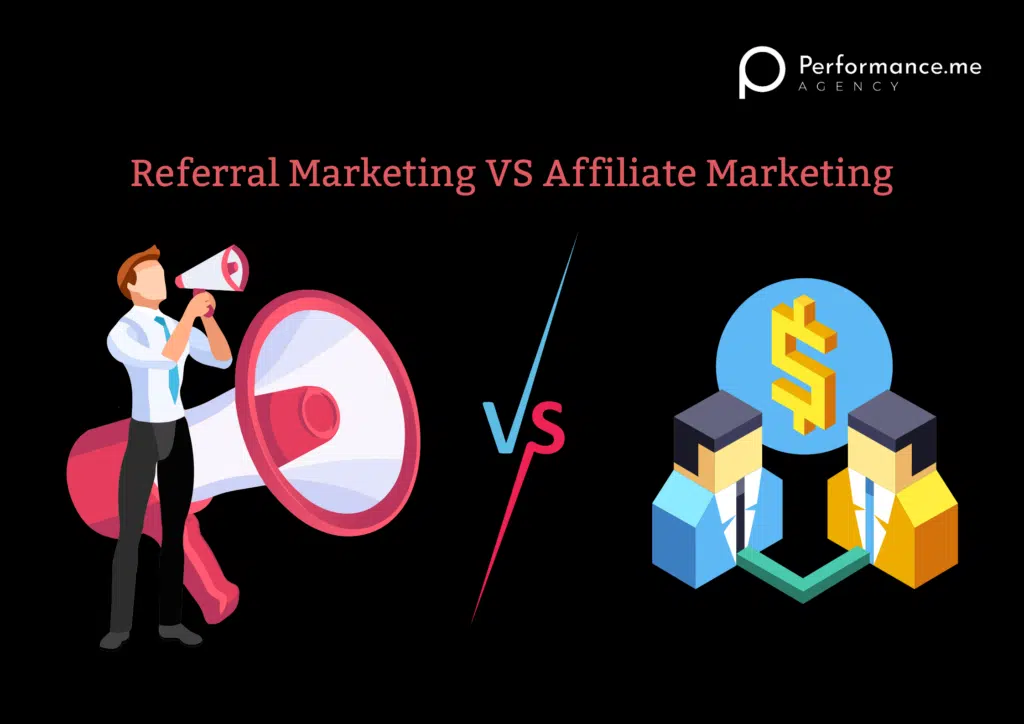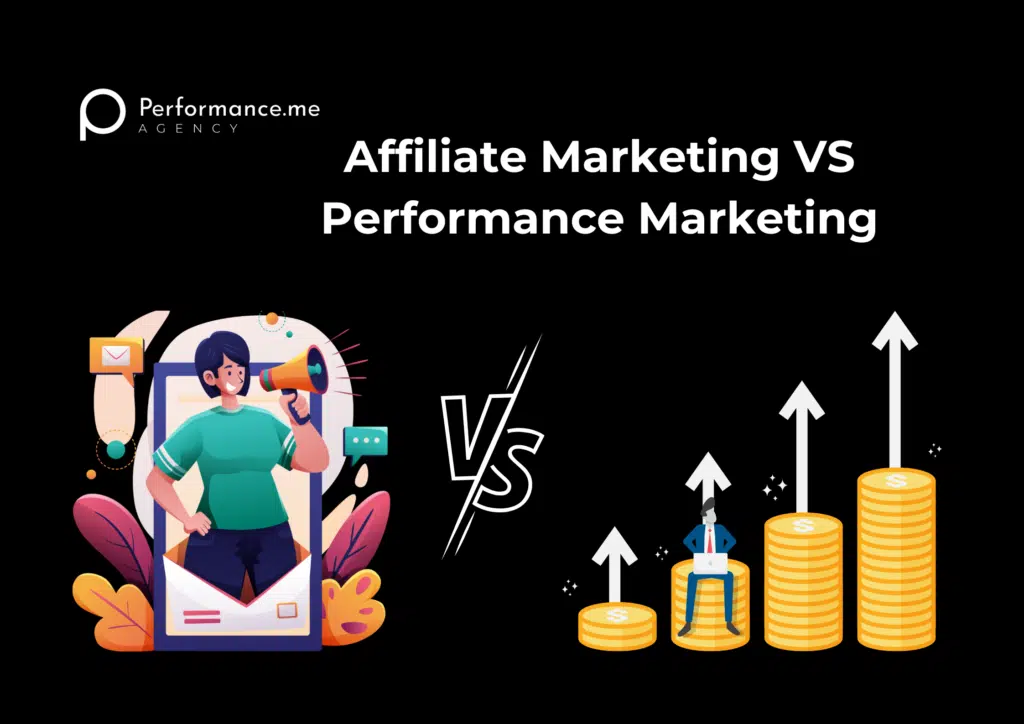Referral and affiliate marketing have similarities, like dealing with existing customers. Most of us need clear clarification differences between referral marketing and affiliate marketing. They both have the same motive to earn customers.
There are some aspects involved in the marketing sector to enhance it. There are customers, friends, affiliates, and partners.
In this article, there is a clear outline of the differences between referral and affiliate marketing. You will answer the following questions. Which marketing aspect is best? What are the aspects involved in referral and affiliate marketing?
What is Referral Marketing?
Referral Marketing is the easiest way to reach a wide number of people. It also costs less. It does not pay any customers, rather, you will receive a reward or incentive. The reward includes a discount, free products, or cash back.
This rewarding program is a referral program followed by a referral link or a discount code. This code is then shared with many customers who can redeem them at any time.
How Does Referral Marketing Work?
The success of referral marketing lies in the customer’s trust. People trust personal recommendations more than traditional advertising. A record from social media says that 78% of business to business marketers believe referral marketing generates higher-quality leads than all other channels combined.

The strategy is based on promotion with the assistance of existing customers. Brands ask their customers to recommend their products and refer them to their friends. These businesses reward their customers with appealing gifts or take other forms.
The majority of companies ask their leads to fill out forms where they mention people they want to refer. Trust is the foundation of brand-customer relationships, and loyal customers are the strategy’s driving force.
They promote businesses and expand their customer base. Word-of-mouth marketing is one of the most effective strategies because recommendations from friends are the most trustworthy source of information when it comes to purchasing.
What Are the Advantages of Referral Marketing?
- Referral programs, when compared to other types of marketing and loyalty retention strategies, can provide advertisers with a cost-effective way to gain new and loyal customers.
- Increased customer retention. Referral marketing employs incentives to encourage customers to recommend products or services, which can increase customer loyalty. Referral customers have a 37% higher customer retention rate, according to referral marketing statistics.
- Extended marketing reach. Advertisers can expand their reach by using their customers as advocates through referral marketing.
- Simple progress monitoring.
- Regular progress tracking reports allow advertisers to monitor engagement and evaluate referral success.
What Is Affiliate Marketing?
Affiliate marketing is similar to referral marketing in that rewards are not given out for promotions. You instead pay the influencers in cash. You pay your company’s affiliate to sell your products to others. Affiliates are not just your customers. Their sole goal is to sell or promote your products in exchange for a commission.
If you have difficulty generating traffic to your website or selling your products or services, you can always hire an affiliate to assist you. Once an affiliate achieves the desired results, you can pay them a portion of your earnings.
How Does Affiliate Marketing Work?
Affiliate marketing starts when a marketer decides to join an affiliate program. Once enrolled in the program, a standard procedure is usually decided to follow to start driving sales for the affiliate products.
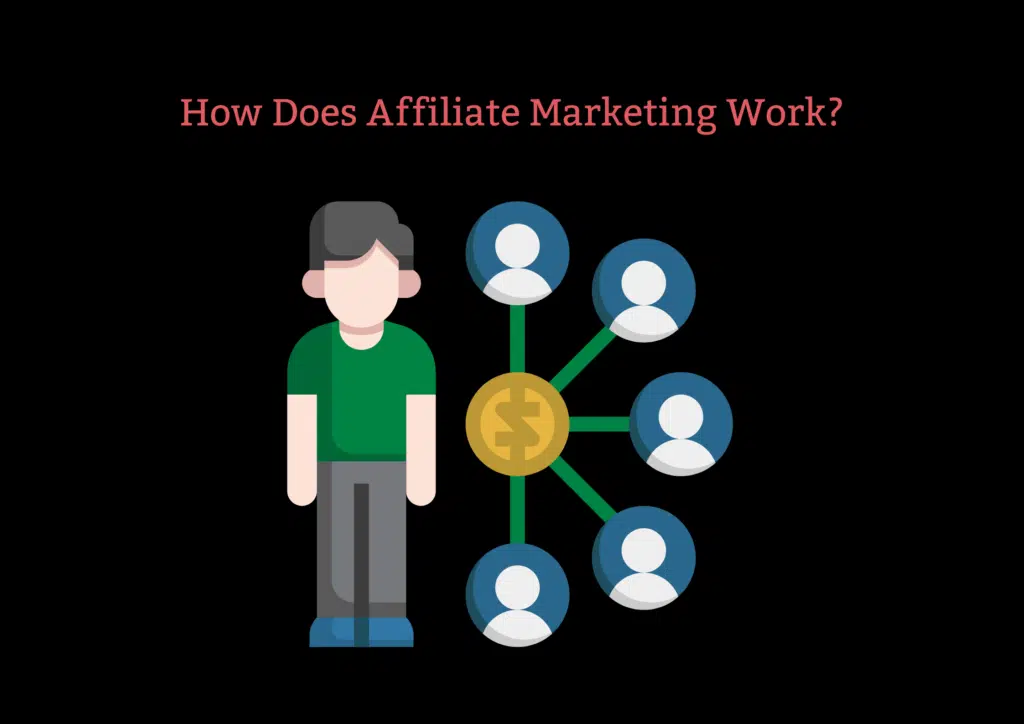
- Integrate affiliate links into your online platforms.
- Your affiliate link is clicked by a customer.
- Visits by customers to the merchant’s website
- The customer purchases something from the merchant.
- The purchase is recorded by the affiliate tracking system.
- The company confirms the purchase as a valid sale.
- The transaction has been credited to you.
- You are compensated.
What Are the Advantages of Affiliate Marketing?
- The primary benefit of having an affiliate program is that it is entirely based on performance. Because affiliates are only paid a commission if the desired action is taken, it is a powerful strategy for driving the conversions that advertisers seek.
- Affiliate program place a premium on results rather than clicks, with advertisers only paying commissions when customers take the desired action.
- Increased reach and traffic. Advertisers have access to a large pool of affiliates with whom they can work, allowing them to be picky about who they work with.
- Advertisers can receive targeted sales and reach a larger audience by collaborating with approved affiliates who understand their industry. In 2020, 38% of marketers said they use affiliate marketing as a source of revenue.
What Are the Similarities Between Affiliate Marketing and Referral Marketing?
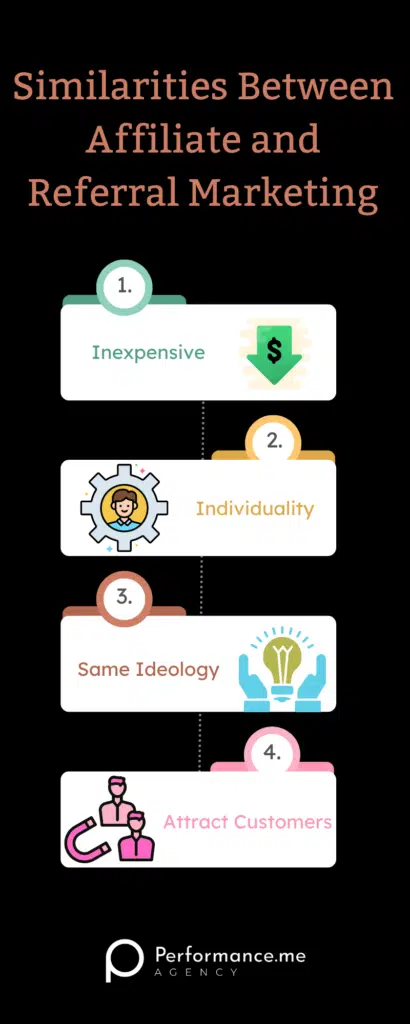
- Both referral and affiliate work with individuals to promote your products to others.
- They are both inexpensive and will not break the bank.
- They both follow the same ideology of acquiring new customers in exchange for rewards or incentives.
- Both attract loyal customers who stay for the long term because there is a level of trust.
What Are the Differences Between Referral Marketing and Affiliate Marketing?
Here are some key points to consider to better grasp the differences between affiliate and referral marketing
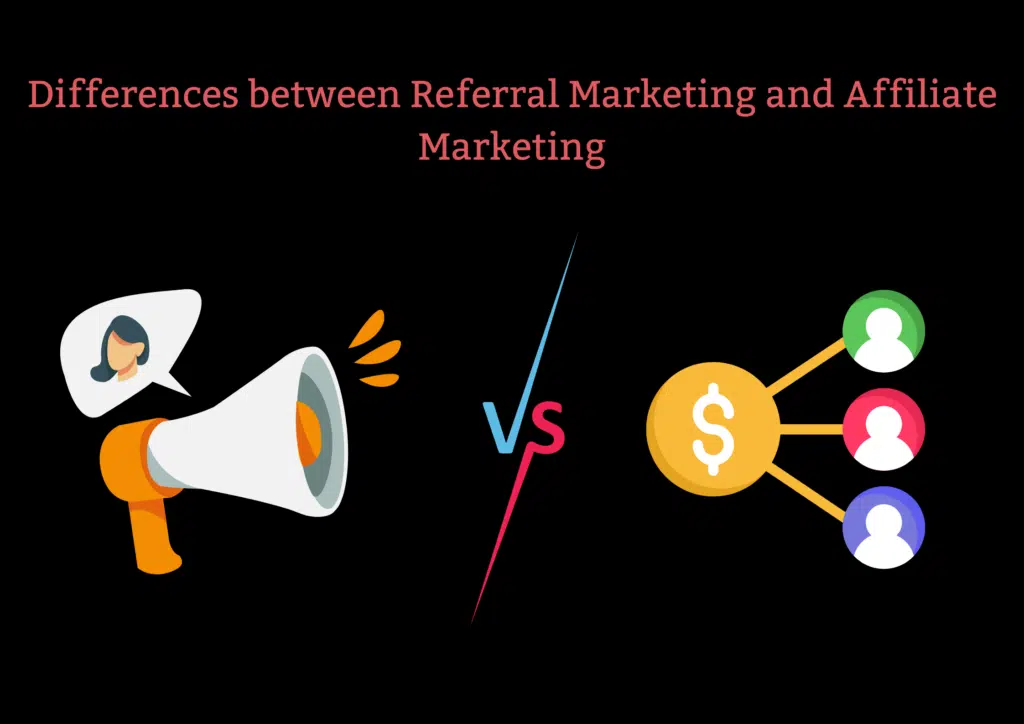
1. The person who refers new customers
- Referral programs target existing customers by giving each one a unique link and a reward for successful referrals.
- Affiliate programs, on the other hand, target publishers, bloggers, and influencers who have the skills and desire to make money through affiliate marketing. Affiliates who sign up for an affiliate program are responsible for promoting their affiliate link on their own channels.
2. Relationship with customer
The primary distinction between an affiliate and a referral program is the type of relationship that exists between the person referring (the referrer or affiliate) and the person referred to an advertiser’s products or services (the customer).
The person advertising in affiliate marketing is not be personally acquainted with the consumers to whom the affiliate refers to a product or service. However, many affiliates, particularly influencers, may prefer to work with advertisers with whom they have a personal connection, as this allows them to craft more genuine and personalised messages for their audiences.
The existing relationship and trust between the referrer and the consumer is often what contributes to a successful referral in referral marketing. Because the referral model is based on recommendations from friends to friends, it can provide a higher sense of trust.
3. Shared Medium
The strategies for distributing these two types of programs differ slightly. Affiliate programs rely on visitors landing on and clicking on an affiliate link, whereas referral programs are more direct.
An affiliate can promote a product or service through a variety of channels in affiliate marketing. Affiliates, on the other hand, must exercise caution about where they place their affiliate links, because choosing the right page and context will help encourage potential customers to trust and click on the affiliate link.
Referral marketing necessitates a more targeted and deliberate approach. Most messages are sent through direct channels because there is an established relationship between the person referring and the referred consumer. This type of personal communication usually yields the chance of consumer making a purchase.
Frequently Asked Questions
1. How is affiliate marketing compensated?
Affiliate marketers are compensated for referring customers to businesses where they buy products. A customized link is used to track sales for online campaigns.
2. Does affiliate marketing necessitate a referral?
Referral marketing is based on customers who know your company, whereas affiliate marketing necessitates for talented marketers. In general, they are active on multiple channels, bloggers or social media influencers in your niche can provide you with far more exposure.
3. Can newcomers engage in affiliate marketing?
Simply sign up for their affiliate program, copy your link, and paste it into your page or website. It's ideal for beginners because you need not invest too much money in physical or digital products right away.
Wrapping Up
Referral marketing is differ from affiliate marketing, as both have different tracks which help drive sales for your business. While affiliate marketing relies on following brand advocates, referral marketing uses the current customer base just to provide outreach and increase revenue organically. Regardless, both programs use bonuses to generate new customer revenue, but the distinct distinction between the two is how marketers want to reach new audiences and nurture relationships with customers.
If you would like to learn more about performance marketing, we highly recommend you visit our blog. If you’re interested in our services (we guarantee they’re top-notch), then please contact us! As for now, goodbye!

